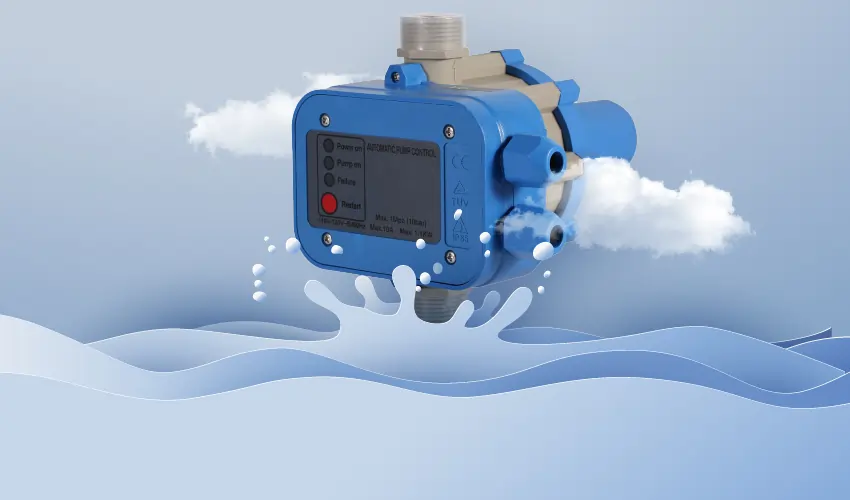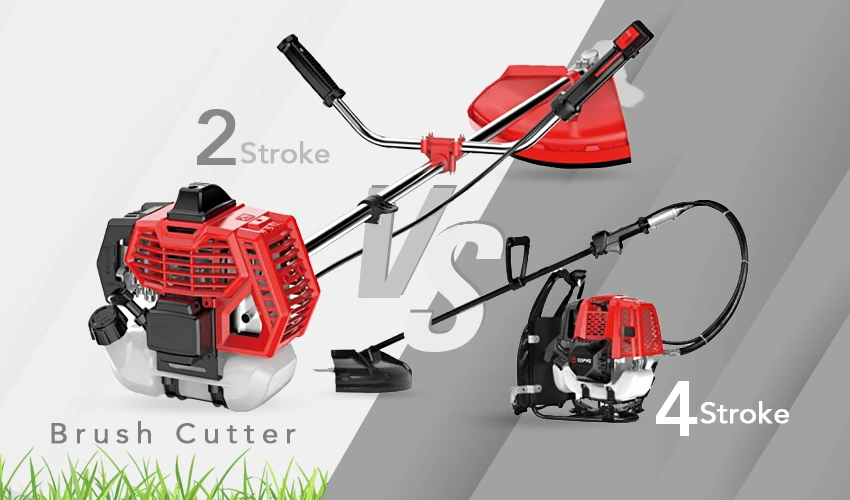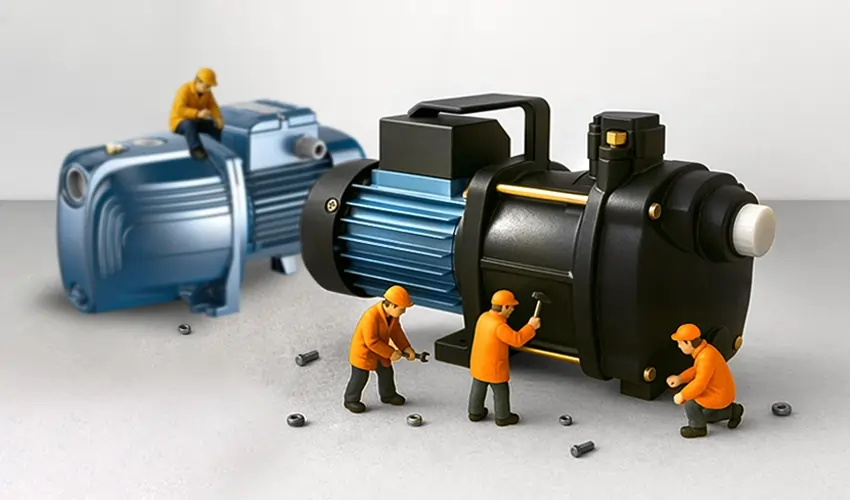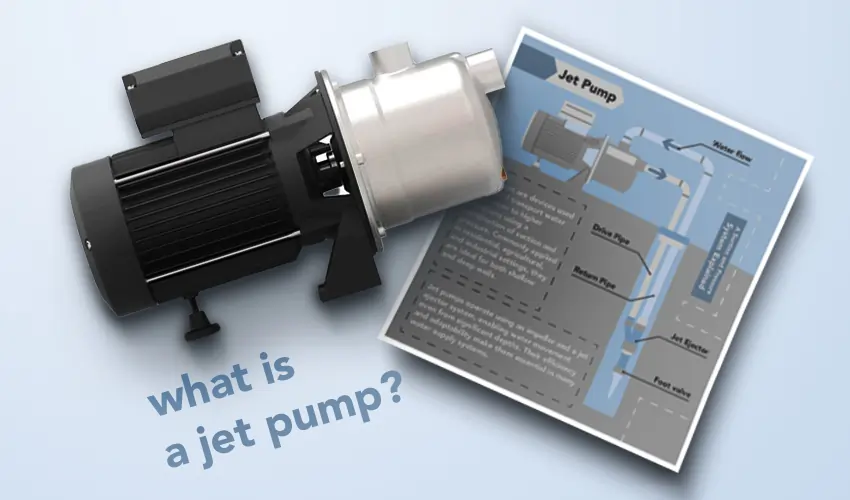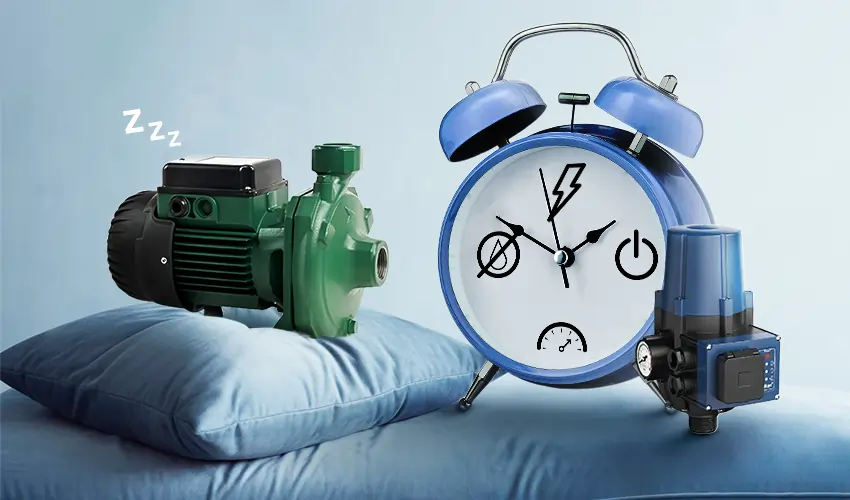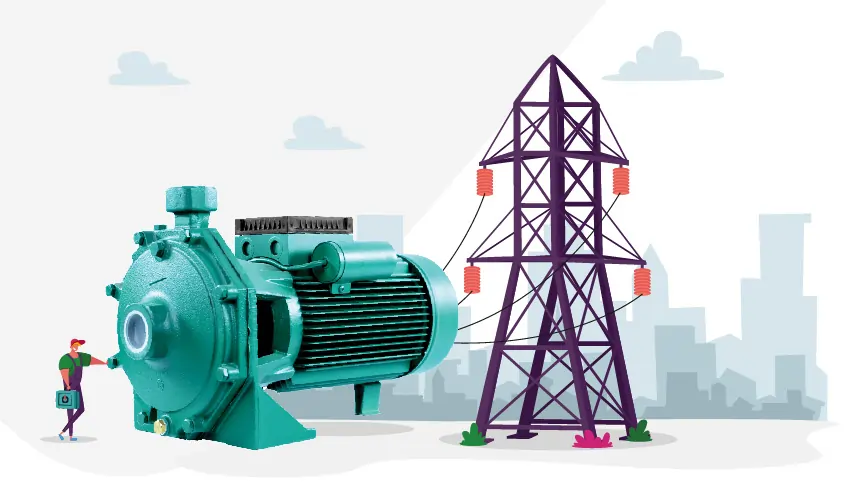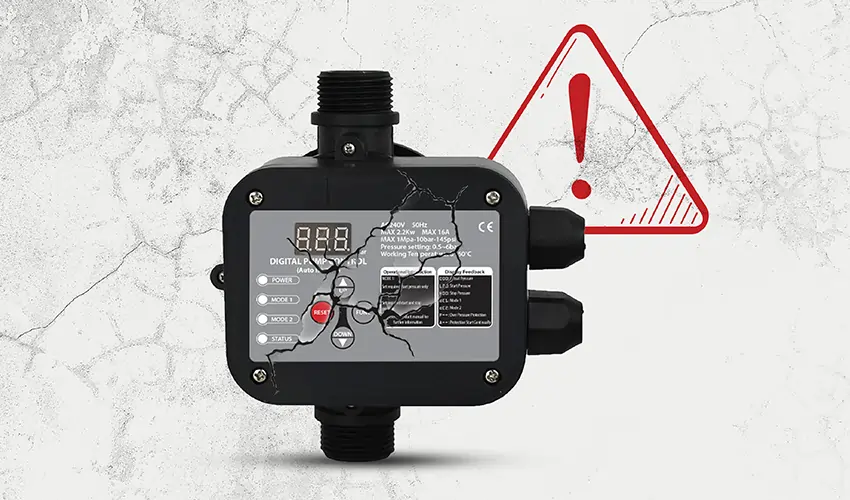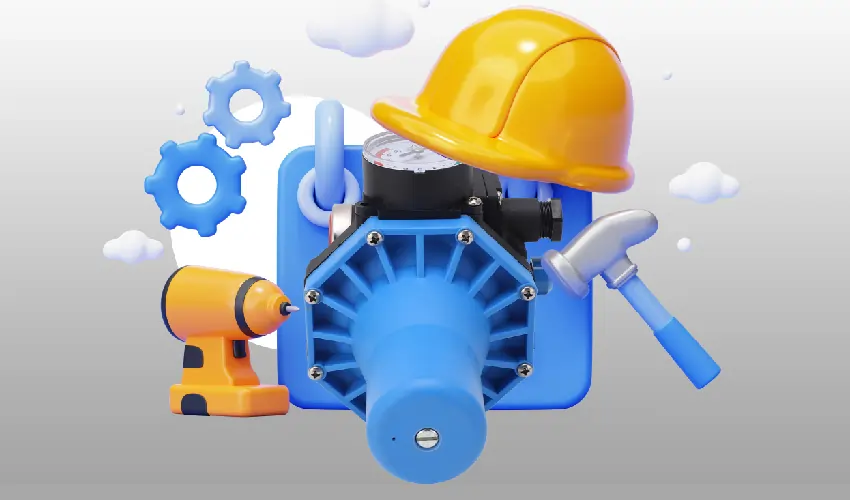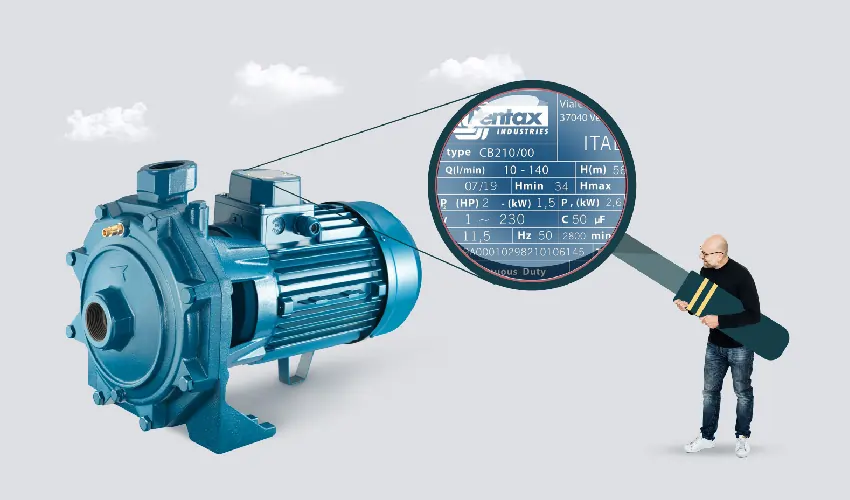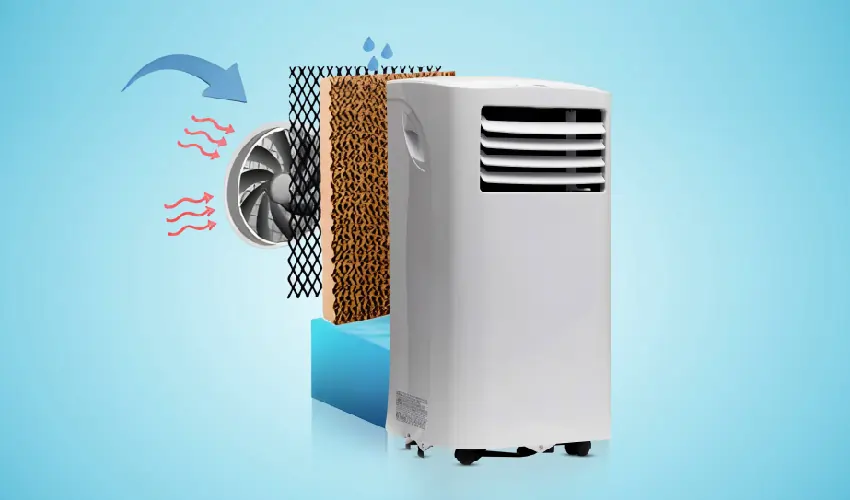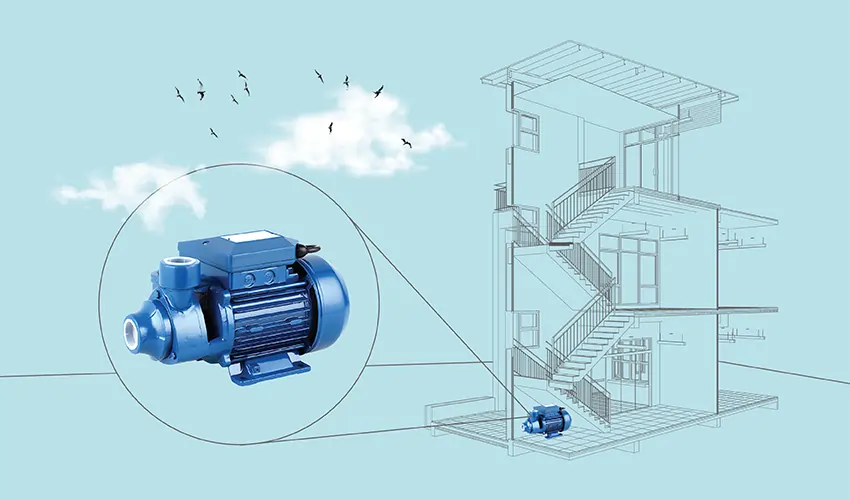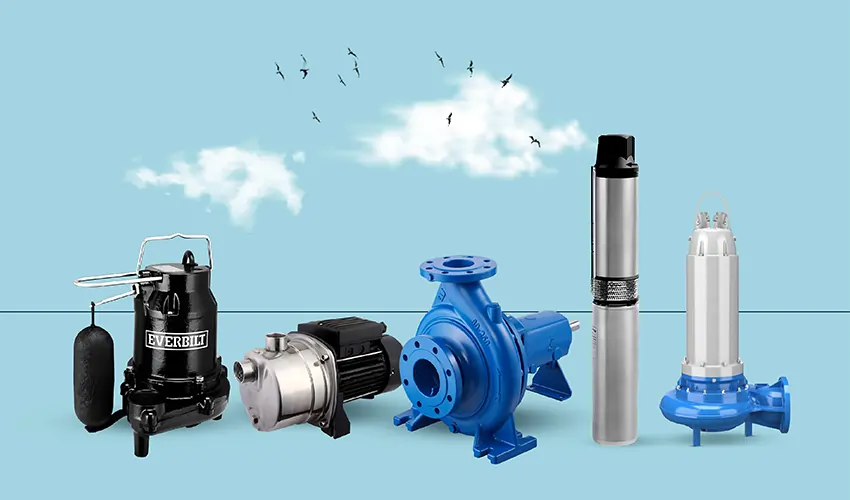These controllers are designed to automate the operation of water pumps, offering numerous advantages over manual control methods.
In this brief introduction, we will explore the key advantages of automatic water pump controllers and their impact on optimizing water distribution systems.
What Is Automatic Water Pump Controller?
An automatic water pump controller is a device that automatically starts and stops a water pump to maintain a desired water pressure in a water system. They are commonly used in residential, commercial, and industrial applications where maintaining consistent water pressure is crucial for optimal performance and equipment protection.
Benefits of Using Automatic Water Pump Controllers
Automatic water pumps offer several benefits over manual pumps, including:
- Consistent Water Pressure
- Automatic pumps automatically regulate the water pressure in the system, maintaining a steady flow throughout the entire network. This consistent pressure ensures that appliances and fixtures operate efficiently and reliably, preventing issues like sputtering faucets or weak showers.
- Reduced Energy Consumption
- Automatic pumps minimize energy consumption by preventing the pump from running unnecessarily. They only activate when the water pressure drops below a predetermined level, reducing the frequency of pump cycles and conserving energy.
- Extended Pump Lifespan
- Excessive cycling and prolonged operation can strain the pump motor and shorten its lifespan. Automatic pumps prevent excessive cycling by only operating when needed, reducing stress on the motor and extending its service life.
- Prevented Wastewater
- Consistent water pressure minimizes wastewater by ensuring that the pump only activates when there is a genuine demand for water. This reduces the amount of water that flows out of faucets or sprinklers when they are not in use.
- Simplified Operation
- Automatic pumps eliminate the need for manual intervention, making them more convenient and user-friendly. Users can enjoy consistent and reliable water pressure without having to manually start or stop the pump.
- Protection Against Dry Pump Operation
- Automatic pumps prevent dry operation, which can damage the pump motor and render it unusable. They monitor the water level and shut off the pump if the water source runs dry, safeguarding the pump from damage.
- Remote Monitoring and Control
- Some advanced automatic pump systems offer remote monitoring and control capabilities, enabling users to monitor and manage the pump operation from a remote location. This is particularly useful for homeowners with multiple properties or for commercial and industrial settings where centralized monitoring is essential.
- Intelligent Pressure Control
- Specialized automatic pump controllers, such as proportional integral derivative (PID) controllers, provide highly precise pressure control, ensuring that the water pressure remains within a narrow range. This level of precision is crucial for applications that demand exact water pressure, such as industrial processes or sensitive plumbing systems.
Benefits of Automatic Water Pump Controller for Agricultural Use
Automatic water pump controllers play a crucial role in agricultural irrigation systems, providing several benefits that enhance crop yields, water conservation, and overall efficiency. Here are some key advantages of using automatic water pump controllers in agriculture:
- Optimized Irrigation Timing
- Automatic controllers allow for precise timing of irrigation cycles, ensuring that crops receive water as needed and at the optimal times, preventing overwatering or underwatering. This precise irrigation scheduling contributes to improved crop growth, yield optimization, and reduced water usage.
- Reduced Water Waste
- By intelligently controlling irrigation cycles based on soil moisture levels and weather conditions, automatic controllers minimize water waste. They avoid unnecessary irrigation that could lead to runoff or evaporation, conserving water resources and reducing irrigation costs.
- Efficient Pump Operation
- Automatic controllers prevent excessive pump cycling, which can strain the pump motor and reduce its lifespan. By only operating when necessary, they ensure efficient pump operation and prolong the life of the pump, minimizing maintenance expenses.
- Improved Crop Health
- Consistent and optimized irrigation provided by automatic controllers contributes to healthier and more productive crops. Properly hydrated plants are better equipped to withstand stress, resist pests and diseases, and yield higher agricultural production.
- Simplified Irrigation Management
- Automatic controllers eliminate the need for manual irrigation scheduling or monitoring, simplifying the irrigation process for farmers. This hands-off approach allows farmers to focus on other aspects of their operations while the controller ensures efficient and timely irrigation.
- Adaptability to Variable Conditions
- Automatic controllers can be programmed to respond to changing soil moisture levels or weather conditions, adjusting irrigation schedules accordingly. This adaptability ensures that crops receive the optimal amount of water even in fluctuating conditions.
- Predictive Maintenance Capabilities
- Some automatic controllers can analyze pump performance data and provide predictive maintenance alerts, enabling farmers to anticipate potential pump failures and schedule maintenance proactively. This proactive approach avoids unplanned downtime and ensures the uninterrupted availability of irrigation for crops.
Benefits of Automatic Water Pump Controller for Industrial Use
Here are some key advantages of using automatic water pump controllers in industrial settings:
- Consistent and Reliable Water Pressure
- Automatic controllers maintain a consistent and reliable water pressure throughout the industrial system, ensuring that machinery and processes operate efficiently. This consistent pressure is crucial for applications that demand precise water flow, such as manufacturing processes, cooling systems, and fire suppression systems.
- Reduced Energy Consumption
- By minimizing unnecessary pump cycling, automatic controllers conserve energy and lower operational costs. They only activate the pump when there is a genuine demand for water, preventing excessive energy consumption and reducing electricity bills.
- Optimized Pump Lifespan
- Automatic controllers protect pumps from excessive cycling and prolonged operation, which can strain the motor and shorten its lifespan. By only operating when needed, they ensure efficient pump operation and prolong the life of the pump, minimizing maintenance expenses.
- Prevented Equipment Damage
- Consistent water pressure safeguards industrial equipment from damage caused by fluctuations or water hammer. Automatic controllers maintain a steady flow, minimizing damage to pumps, valves, and other components.
- Simplified Operations and Maintenance
- Automatic controllers eliminate the need for manual pump operation and monitoring, simplifying the maintenance process and reducing labor costs. This hands-off approach allows operators to focus on other tasks while the controller ensures efficient pump operation and reliable water supply.
- Remote Monitoring and Control
- Advanced automatic controllers offer remote monitoring and control capabilities, enabling operators to manage pump operation from a remote location. This flexibility is particularly valuable for large-scale industrial plants or for operations with multiple locations.
- Intelligent Pressure Control for Specific Applications
- Specialized automatic controllers, such as proportional integral derivative (PID) controllers, provide highly precise pressure control, ensuring that the water pressure remains within a narrow range for specific applications that demand exact water pressure, such as precise manufacturing processes or sensitive equipment.
- Programmable Logic Controllers (PLCs) Integration
- Automatic pump controllers can be seamlessly integrated with programmable logic controllers (PLCs) to create complex control systems for industrial applications. PLCs provide advanced programming capabilities and allow for integration with other industrial equipment, enabling sophisticated control of water supply and pump operation.
Conclusion
Automatic water pump controllers are essential for maintaining consistent water pressure and protecting pumps and water systems from damage. By following the manufacturer’s instructions and adjusting the controller regularly, you can ensure that your water system is operating at its peak efficiency and lifespan.

